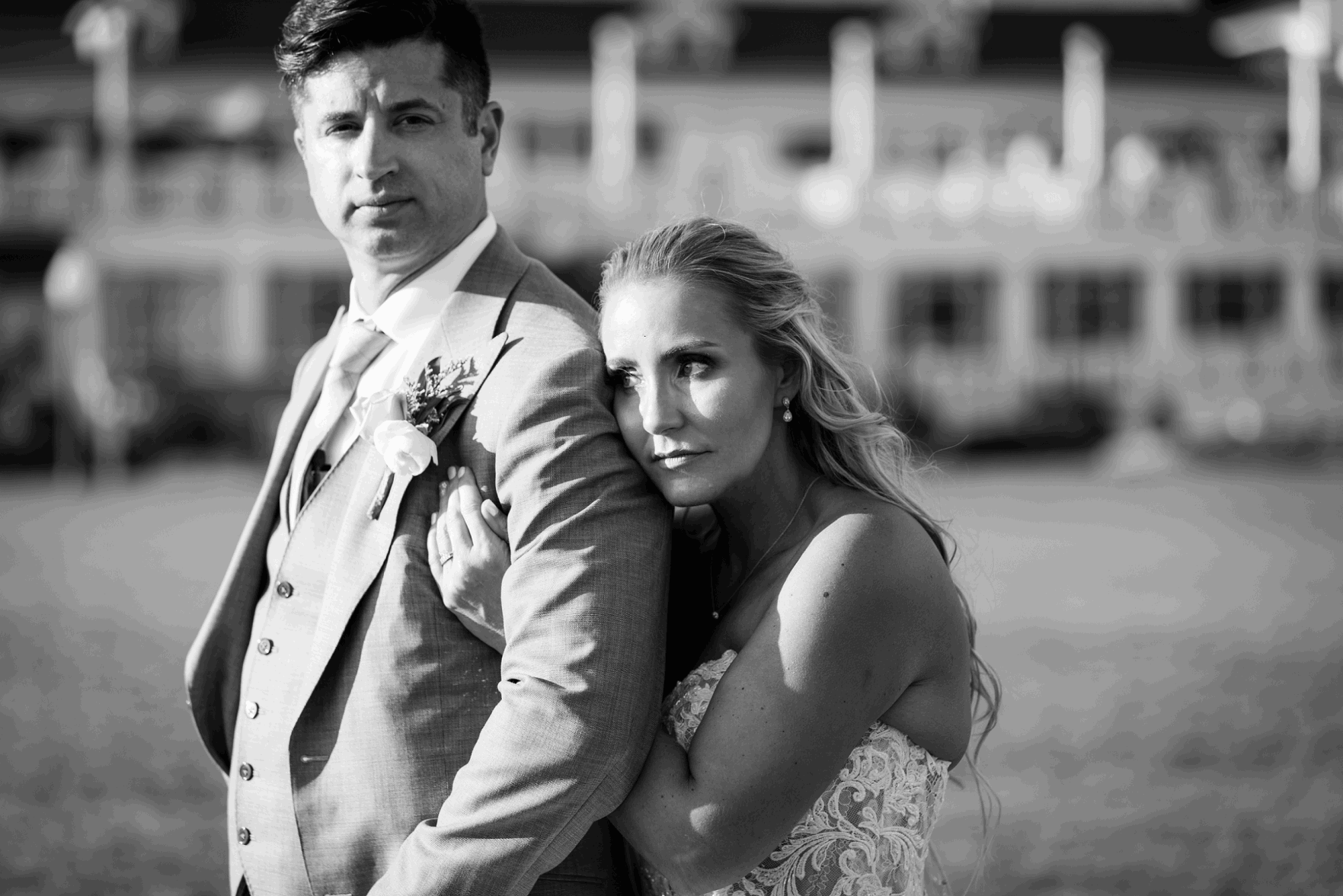


A sample of 71 couples were videotaped in their homes in which spouse and marital ideology differences were examined for their effect on verbal and nonverbal responses of affiliation, signaling sharing, and espousing joint as opposed to individuals sentiments about satisfaction in marriage.
APPILY MARRIED SERIES
Oral history interviews are informal clinical interviews in which married couples are asked to discuss problems in their relationships and a series of open-ended questions on the chronology of their marriage, philosophy about marriage, what factors constitute a happy marriage, and the effects of their parents' marriage on their own marriage. Clinical applications and theoretical implications were discussed. A developmental-stress model of happy marriage was proposed, which provided detailed descriptions on how married individuals achieved their healthy couple development together at each stage. Results suggested that happily married couples go through a healthy development process by choosing their mate wisely, creating a strong foundation before marriage, identifying the changes and stressors brought on by childrearing, protecting their marital bond, learning dyadic coping, and eventually making new meaning during the empty nesting phase of their marriages. Nine themes emerged using the constant comparative method of analysis (Maykut & Morehouse, 1994). Spouses were interviewed separately using a semi-structured interview guide. The sample consisted of ten adult heterosexual couples who self-identified as happily married, were in their first marriage, and had been married at least 30 years. This study used grounded theory methodology with an emergent and exploratory design (Flick, 2009). The purpose of this study was to explore how happily married, heterosexual, long-term couples maintained happiness over time. Qualitative research on happy long-term marriage is sparse and has focused on finding singular factors that explain marital success (Bachand & Caron, 2001) without considering a developmental perspective.
APPILY MARRIED HOW TO
Most researchers have focused on studying the deterioration of marriage, divorced couples, and marital dissatisfaction (Gottman & Notarius, 2002) unfortunately, they have not reached consensus on how to define long-term marriage. In response to the relatively high divorce rate of previous decades, the United States government has deemed marriage an important research topic (Fincham & Beach, 2010).


 0 kommentar(er)
0 kommentar(er)
